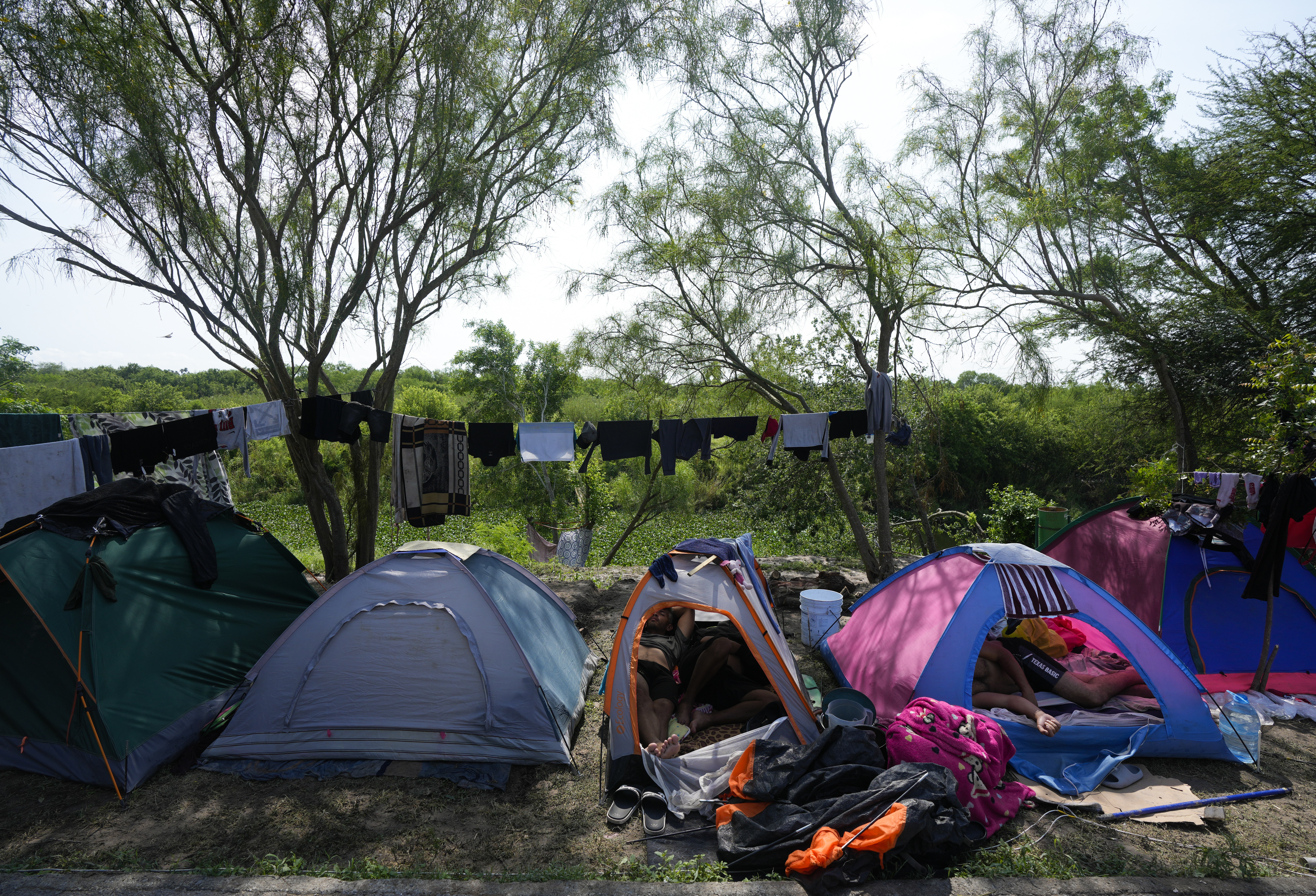DENVER (KDVR) — Temperatures are rising, spring is in full bloom and bears are waking up from their long winter naps. That means they’re hungry and looking for food.
Colorado Parks and Wildlife said it has received 173 reports of bear activity in 25 counties so far this year. Many of the calls are coming from residential areas, as bears are attracted to the smell of food from unsecured trash cans and bird feeders.
“Every time a bear gets a treat, a bird feeder, a hummingbird feeder, or trash, it teaches the bear that people mean food,” said Matt Yamashita, CPW’s area wildlife manager for Area 8, which covers Aspen, Glenwood Springs and Eagle and Pitkin counties. “People who think that it’s one time, no big deal, are totally wrong. It is a big deal when you compound that ‘one time’ with how many ‘one-timers’ they get from your neighbors, too. It adds up.”
CPW said male bears, or boars, awaken first, followed by non-birth-giving females, or sows. Lastly, the females who gave birth to cubs awaken, usually in late April.
Bears dangerously close to humans getting into trash
“Simple changes in human behavior can reap big benefits. If people keep their trash and other potential food items, like birdseed and dog food, off-limits to bears, not only will they protect their homes and property from bear damage, but they’ll also protect bears,” National Wildlife Research Center wildlife biologist Dr. Stewart Breck said.
CPW offers tips to bearproof your residence, cars and livestock. Also, there are measures you can take to make sure bears don’t come around campsites or when you’re traveling through bear country.
How to keep bears away from your home
- Keep garbage in a well-secured location.
- Only put out garbage on the morning of pickup.
- Clean garbage cans regularly to keep them free of food odors: ammonia is effective.
- Use a bear-resistant trash can or dumpster.
- Don’t leave pet food or stock feed outside.
- Bird feeders are a major source of bear/human conflicts. Attract birds naturally with flowers and water baths
- Do not hang bird feeders from April 15 to Nov. 15.
- Do not attract other wildlife by feeding them, such as deer, turkeys or small mammals.
- Don’t allow bears to become comfortable around your house. If you see one, yell at it, throw things at it, make noise to scare it off.
- Secure compost piles. Bears are attracted to the scent of rotting food.
- Clean the grill after each use.
- Clean up thoroughly after picnics in the yard or on the deck.
- If you have fruit trees, don’t allow the fruit to rot on the ground.
- If you keep small livestock, keep animals in a fully covered enclosure. Construct electric fencing if possible.
- Don’t store livestock food outside, keep enclosures clean to minimize odors, and hang rags soaked in ammonia and/or Pine-Sol around the enclosure.
- If you have beehives, install electric fencing where allowed.
- Talk to your neighbors and kids about being bear-aware.
- Keep garage doors closed.
Stay safe: Bearproof cars, traveling and campsites
- Lock your doors when you’re away from home and at night.
- Keep the bottom floor windows of your house closed when you’re not at home.
- Do not keep food in your vehicle; roll up windows and lock the doors of your vehicles.
- When car-camping, secure all food and coolers in a locked vehicle.
- Keep a clean camp, whether you’re in a campground or in the backcountry.
- When camping in the backcountry, hang food 100 feet or more from the campsite; don’t bring any food into your tent.
- Cook food well away from your tent; wash dishes thoroughly.
Protect chickens, bees, livestock
- Keep chickens, bees and livestock in a fully covered enclosure, especially at night.
- Construct electric fencing when possible.
- Don’t store livestock feed outside.
- Keep enclosures clean to minimize animal odors.
- Hang rags soaked in ammonia and/or Pine-Sol around the enclosure as a scent deterrent.
The majority of a bear’s natural diet is grasses, berries, fruits, nuts and plants.
CPW wildlife managers estimate that Colorado has between 17,000–20,000 bears, and the population is stable and growing. The black bear is the only species of bear in the state, and they can be brown, blond, cinnamon and black in color.

